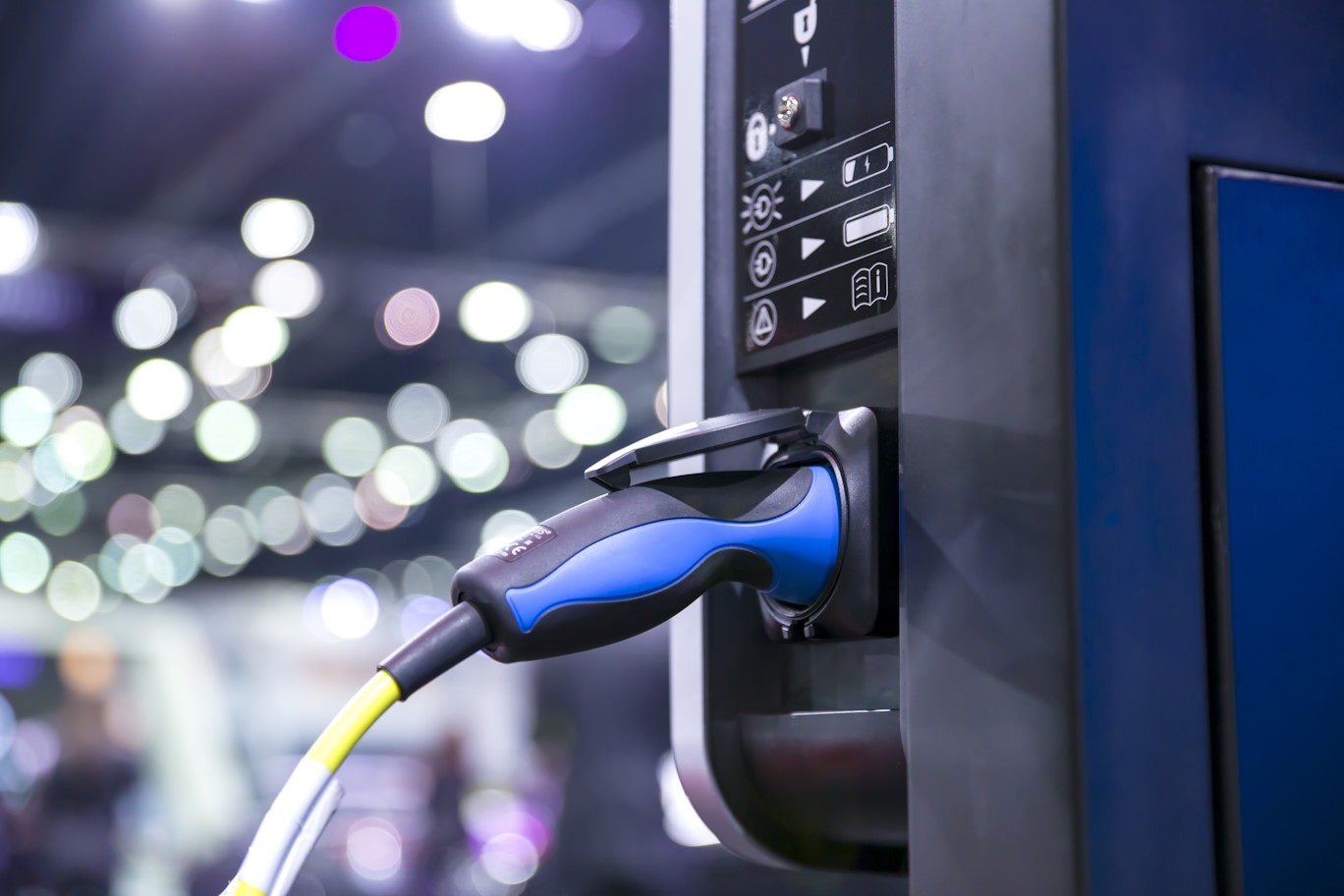Power vs. Energy
In the context of electric vehicles, kW (kilowatt) and kWh (kilowatt-hour) are units of measurement related to power and battery capacity, respectively.
kW (kilowatt) is a unit of measurement for power. It refers to the rate at which energy is transferred or consumed. The higher the power, the faster the energy is transferred. In electric vehicles, power is often used to describe the vehicle's acceleration and speed capabilities. The higher the power, the faster the vehicle can accelerate.
kWh (kilowatt-hour) is a unit of measurement for energy. It refers to the total amount of energy consumed or stored. It is the battery's capacity, indicating how many kilowatts of energy the battery can provide or store over the course of an hour. In terms of range, kWh is often used to indicate the battery capacity and the distance the vehicle can travel on a full charge. The higher the battery capacity in kWh, the greater the vehicle's range.
For example, an electric vehicle with a power of 100 kW has the ability to provide or consume energy at a rate of 100 kilowatts. A battery with a capacity of 50 kWh can store 50 kilowatts of energy over an hour or provide energy to the vehicle for a certain period, depending on the demand of the electric motor.
In summary, kW refers to the rate of energy transfer or power, while kWh refers to the total amount of energy consumed or stored. Both units are essential for understanding the electric vehicle's power and battery capacity, as well as its range.

